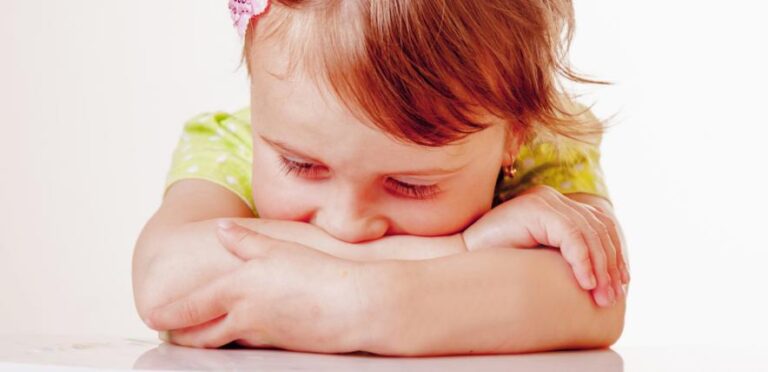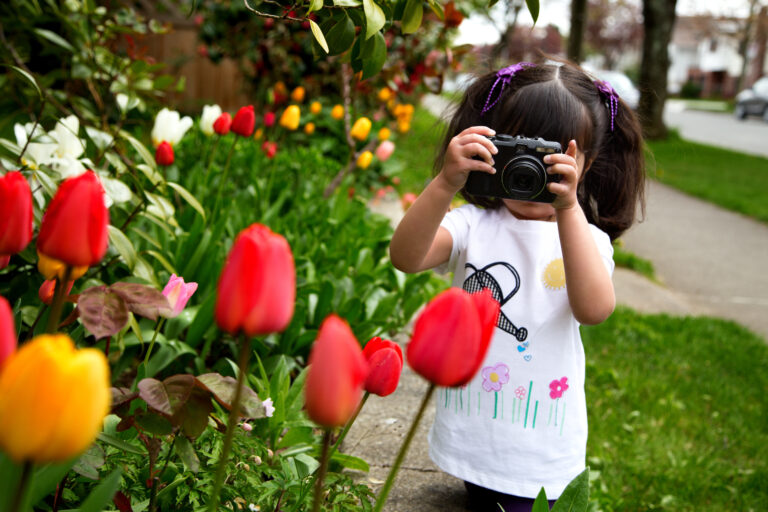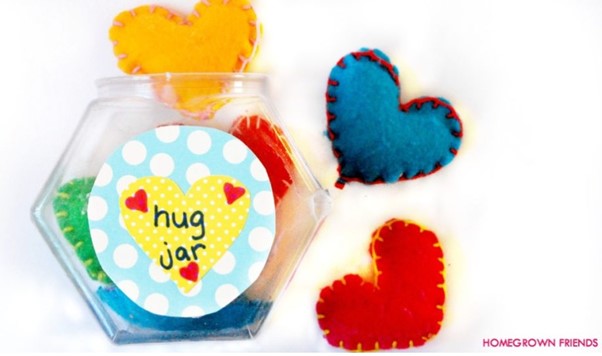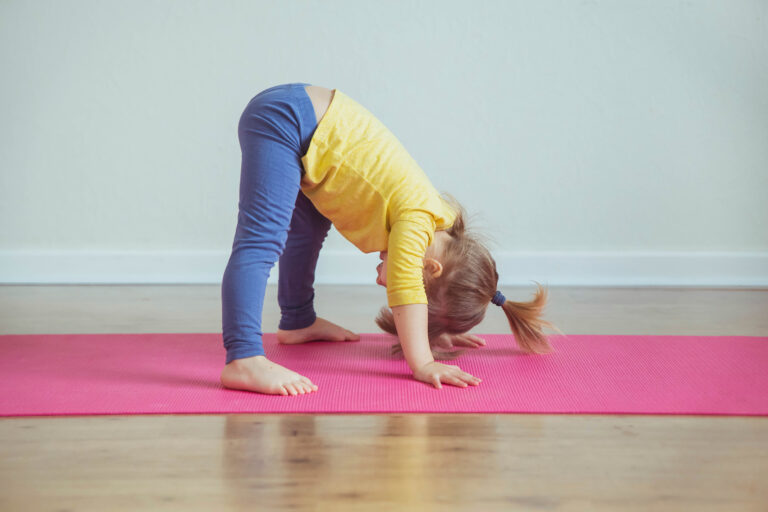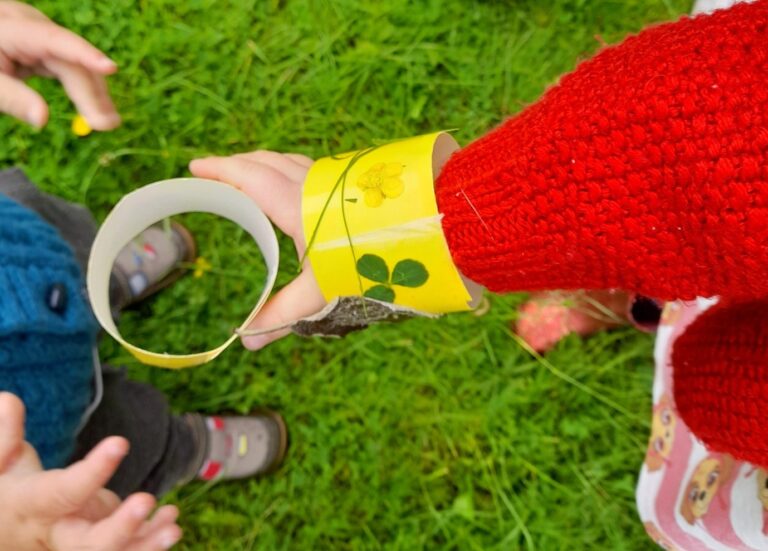Dr Alice Nicholls is a chartered clinical psychologist. Here she shares on her view on popular behaviour management ‘time-out’.
What is time-out?
Time-out is a popular behaviour management strategy designed to stop unwanted behaviour. You might use it when your child does something you do not want them to do like hitting, throwing or swearing. You would say ‘time-out’ and take them to a safe and boring room where you leave them for one to five minutes depending on their age.
The theory behind time-out is that if a behaviour is not rewarded it will not be repeated. For example, your child might shout because they want attention. If you consistently ignore their shouting they will not be rewarded for their behaviour. They will learn that shouting does not get them attention.
Time-out is not designed to be unpleasant or punishing, just lacking in whatever your child was seeking. In theory time-out can also help your child to calm down quickly and think about what they have done.
What are the issues with time-out?
Accidental reward
There is an assumption that children engage in unwanted behaviour for attention or to gain something like a toy or snack. Your child may be hitting out because they are tired and feeling overwhelmed. If this is the case then the calm, quiet time-out room would make them feel better and accidentally reward the unwanted behaviour, making it more likely to reoccur.
Extra attention
It is not always possible to get your child into time-out without giving them attention. Imagine trying to put a toddler into a room they do not want to go in to. You may have to chase them, pick them up and struggle to hold them before putting them down on the floor and getting out of the door before they do. Your child gains a lot of attention and learns that their behaviour is a good way to start an exciting game.
Punishment
Most worryingly, time-out can be experienced as a punishment. If your child is upset by being removed from the room and ignored for one to five minutes then time out is functioning as a punishment. Research has shown that punishment tends to result in trying not to get caught again rather than stopping the behaviour. So your child might continue to hit their sibling but be more careful not to get caught. Punishment can also lead your child to believe you do not like or value them and their feelings. If a child is sad or angry and believes their parent dislikes them they will not be motivated to change their behaviour.
No lessons learnt
The use of time-out ignores the reasons for the behaviour and fails to teach the child a more appropriate way of behaving. Even if your child was trying to get your attention by biting their sister the time-out has not taught them a better way to get your attention. If your child hit their sibling because they took their favourite toy time-out is not going to teach them what to do when their sibling goes to grab that toy. Arguably, older children might be able to have a conversation with you where you discuss what they could have done differently. A toddler does not have the capacity to think and talk in such detail after the event.
What are the alternatives?
There are lots of ways to prevent unwanted behaviour occurring in the first place.
If you know your child doesn’t like to share their favourite toy you could suggest they keep it in their bedroom.
If they want your attention then teach them a peaceful way of getting it.
If their behaviour is worse when they are hungry then consider introducing extra snacks or moving meal times forward.
For times when you haven’t been able to prevent an unwanted behaviour like hitting, tearing up books or throwing toys it is important that you:
Make the situation safe:
- Pick up younger siblings
- Get between your toddler and whoever they are hitting
- Move the books or toys
Give information:
- ‘Hitting hurts’
- ‘We don’t hit people’
- ‘Books are for reading’
- ‘Throwing is dangerous’
Show you understand:
- ‘You are angry’
- ‘You are sad’
- ‘You don’t like sharing bunny’
- ‘The baby knocked over your tower’
- ‘You like tearing paper’
Showing you understand will encourage your child to tell you more about it, listen to what they have to say and offer hugs if they are upset. Once your child has calmed down you can help them to make amends:
- Molly is sad, what can we do to help her feel better?
- Those books are all torn, what can we do to fix them?
- There’s a big mess, how can we make it tidy again?
This should be a positive experience for the child and not a punishment. It is easy to say ‘you made this mess, you clean it up’ but doing so is likely to make the child resent you and undo all the work you did in helping them to feel understood.
Is time out ever a good idea?
Dealing with unwanted toddler behaviour is stressful.
If you were hit as a child it is likely to be one of the first things that come to your mind when dealing with unacceptable behaviour.
If you feel unable to respond to your child without being aggressive then putting them in a safe place saying ‘I need some time out’ and taking some time to calm down is a really good idea.

